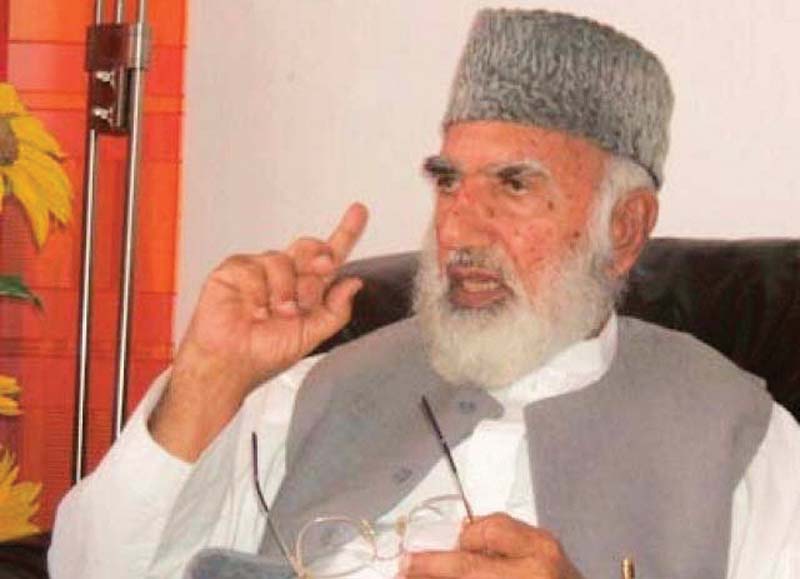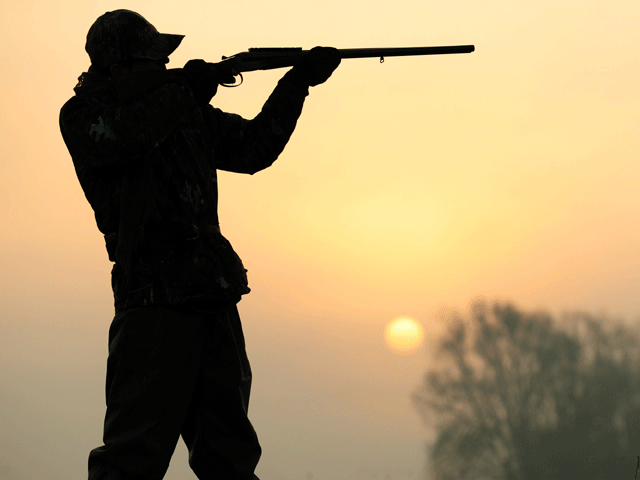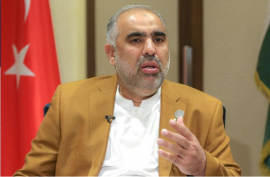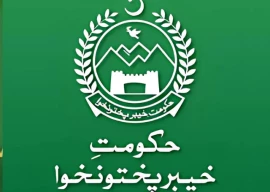
Within a year of the operation, a maverick Pakhtun nationalist leader Muhammad Afzal Khan, lovingly called Lala, became a symbol of resistance against Mullah Fazlullah, aka Mullah Radio, who later became the chief of Tehreek-e-Taliban Pakistan (TTP). And Lala was given a top civil award, Hilal-e-Shujaat, by the government for his ‘bravery in the face of terrorism’.
Mohammad Afzal Khan Lala: The man who stood up against militancy
Lala survived several assassination attempts by the Taliban – and died after a protracted illness at Islamabad’s Shifa International Hospital Sunday morning. He was 90. He has left behind a widow, three sons, as many daughters and countless friends and admirers to mourn his death.
Lala was a towering figure, resolute and fearless; as upright as he was selfless. He abhorred the Fazlullah-led Taliban and their obscurantist ideology. Repeated assassination attempts could not dent his resolve to rid his picturesque homeland of terrorists. He attributed his survival to Allah Almighty and to his moral high ground against the Taliban.
He guided the army in Swat without asking for anything in return. Much after the operation Maj Gen (retd) Ijaz Awan, the commander of the Swat operation, and myself visited Lala in his village Durushkhela, situated in an area that witnessed fierce battles between army troops and the Taliban. Lala showed us the walls of his palatial mansion pockmarked with bullets and torn off with rockets. It amply showed what he has been through throughout the Taliban’s tyrannical rule in Swat.
Peace will boost tourism in Swat, says army chief
In early 2008, Fazlullah’s loyalists had besieged Lala’s house in an attempt to silence their most vocal critic in the region. Throughout the siege that lasted several days the militants fired rockets and gunshots at the house. But Lala and his family put up a stiff resistance until the army came to their rescue. The siege had resulted in several casualties in Lala’s household.
Remembering Lala’s valour, Maj Gen (retd) Ijaz Awan, said he “was a symbol of resistance against the Taliban. When all the other Khans had fled, he chose to stay back and fight.”
He added that Lala would be remembered as the hero of Swat, a son of the soil who challenged Fazlullah and defied his brutal campaign. Lala was accorded a standing ovation when he visited the General Headquarters in 2009 to speak at a Defence Day function. Two of Lala’s sons – Muhammad Salim Khan and Muhammad Tariq Khan – are serving brigadiers in the Pakistan Army. His third son, Muhammad Farooq Khan, is a top socio-political activist in the region.
‘Enemy will have to pay unbearable price for short or prolonged war’
Hailing from Durushkhela village in Matta tehsil of Swat, Lala was the son of late Habib Khan, an influential feudal from upper Swat. After his early education at Wadoodia High School, Lala went to the University of Punjab where he did LLB.
Lala’s family was counted as a rival of Miangul Abdul Wadood, the founder of Swat princely state. However, the two families reconciled when Mian Gul Abdul Haq Jehanzeb, commonly known as Wali-e-Swat, ascended to power in 1958. Subsequently, Lala represented the state at various national and international forums.
In the light of his family’s ties with Khudai Khidmatgar Tehreek of Bacha Khan, Lala, his family and supporters joined the National Awami Party when the then military ruler, Yahya Khan announced a merger of the independent states of Swat, Dir and Chitral in 1969. He was elected to the NWFP Provincial Assembly in the 1970 general elections, and later become the information minister in the cabinet of Chief Minister Maulana Mufti Mahmood.
Counter-terrorism strategies: Opposition leader suggests taking all parties on board
In the late 1980s, after developing differences with the Wali family, he first established the Awami National Party (Haqeeqi) and then Pakhtunkhwa Qaumi Party. The QWP became an ally of the Pakistan Peoples Party in 1990. He was elected to the National Assembly in 1990 and 1993 and had served in Benazir Bhutto’s cabinet from 1993 till 1996.
Thousands of mourners attended his funeral at his native village. Attendees included Peshawar Corps Commander Lt Gen Hidayatur Rehman, top ANP leaders including Asfandyar Wali, Ghulam Ahmad Bilour, Senator Haji Adeel and former K-P chief Amir Haider Khan Hoti.
“We have lost a key figure who always strived for democracy, supremacy of parliament and provincial rights,” Bilour said at the funeral. Another ANP leader Wajid Ali Khan said: “Pakhtuns have lost the third great leader of the present era after Abdul Wali Khan and Ajmal Khattak.”
Published in The Express Tribune, November 2nd, 2015.
1719315628-0/BeFunky-collage-(8)1719315628-0-405x300.webp)


1731329418-0/BeFunky-collage-(39)1731329418-0-165x106.webp)













COMMENTS (14)
Comments are moderated and generally will be posted if they are on-topic and not abusive.
For more information, please see our Comments FAQ